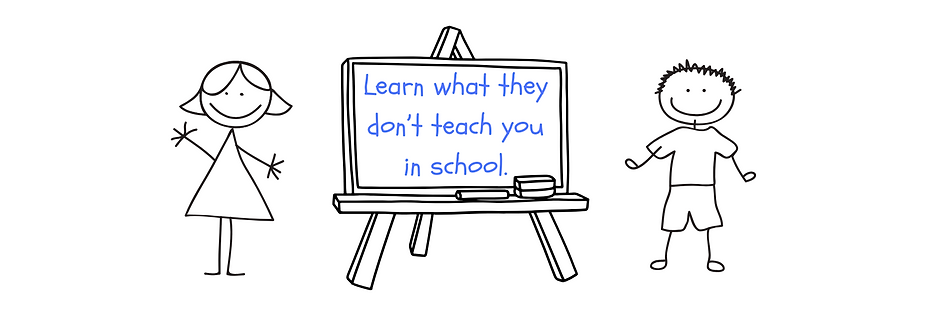Why Saving Isn’t Just Smart. It’s Freedom in Disguise.
- BetterYourFinance.com

- Jul 17, 2025
- 3 min read

Most people think of saving as the boring cousin of investing. It’s what you do if you’re cautious, playing defense instead of offense. But that’s a limited view. Saving is actually the foundation of financial freedom. It’s not about deprivation—it’s about choice. About not being forced to say “yes” to a paycheck or “no” to a dream.
When you reframe saving as buying back your time, your peace, and your future, it suddenly becomes a powerful and liberating act.
What You’ll Learn:
What saving really means (and what it doesn’t)
Why saving matters more than most people think
How to calculate a savings rate
Real-world examples of how saving transforms lives
Strategies to save more without feeling deprived
How saving fits into your bigger financial picture
What Is It?
Saving is simply setting aside a portion of your income for future use rather than spending it all today. It can be in a savings account, an envelope system, or even short-term investments. But at its core, saving is the practice of paying yourself first—honoring your future needs just as much as your present wants.
Why Does It Matter?
Because life is unpredictable. Emergencies happen. Jobs change. Dreams evolve. Without savings, you’re always one crisis away from chaos. With savings, you have breathing room. You have time. You have the power to make intentional, not reactive, decisions.
Saving also gives structure to your financial life. It’s the discipline that makes investing possible and debt avoidable.
How to Calculate It
The most common way to understand your saving is your savings rate:
Savings Rate (%) = (Total Savings ÷ Gross Income) × 100
So if you save $500 each month and earn $5,000 before taxes, your savings rate is:
($500 ÷ $5,000) × 100 = 10%
A general target:
10% = basic cushion
20% = solid progress
30% or more = freedom is on the horizon
Using an Example to Calculate It
Let’s say John makes $60,000 a year. He sets aside $800 per month into his high-yield savings account:
Annual savings: $800 × 12 = $9,600
Savings rate: ($9,600 ÷ $60,000) × 100 = 16%
John’s not just putting away money—he’s buying future options with every dollar saved.
A Transformation Story
Ann was a single mother working as a school administrator. For years, she lived paycheck to paycheck, convinced she didn’t make enough to save. But after tracking her expenses and setting aside just $50 a week, she built a $5,000 emergency fund in under two years.
Then, her car broke down. Instead of panicking or borrowing, she paid cash. That moment changed everything.
Strategies to Maximize Your Savings
Automate it. Set your bank to transfer money to savings the moment your paycheck arrives.
Name your accounts. “Emergency Fund,” “Freedom Fund,” or “Home Down Payment” can add emotional motivation.
Practice mindful spending. Don’t cut everything. Just ask: “Is this aligned with what I value?”
Stack the wins. Once you hit your emergency goal, start a sinking fund for travel, education, or future investments.
Why This Is Important
Because every dollar you save isn’t just about money—it’s about power, agency, and dignity. Saving helps you weather storms, but more importantly, it helps you pursue joy. It’s the bridge between where you are and where you want to be.
Steps You Can Take to Get Started
Open a separate savings account—preferably high-yield.
Start small. Even $20 per week builds the habit.
Set one short-term goal (e.g., $1,000 emergency fund).
Track your progress monthly.
Celebrate milestones. Saving is an act of courage—treat it like one.
Final Thoughts
You don’t need to be rich to start saving. You need to start saving to become rich—in time, in choice, in peace. The act of saving is one of the most radical, self-loving things you can do in a world built for consumption.
Saving isn’t about guilt or sacrifice. It’s about respect—for your future self.




Comments